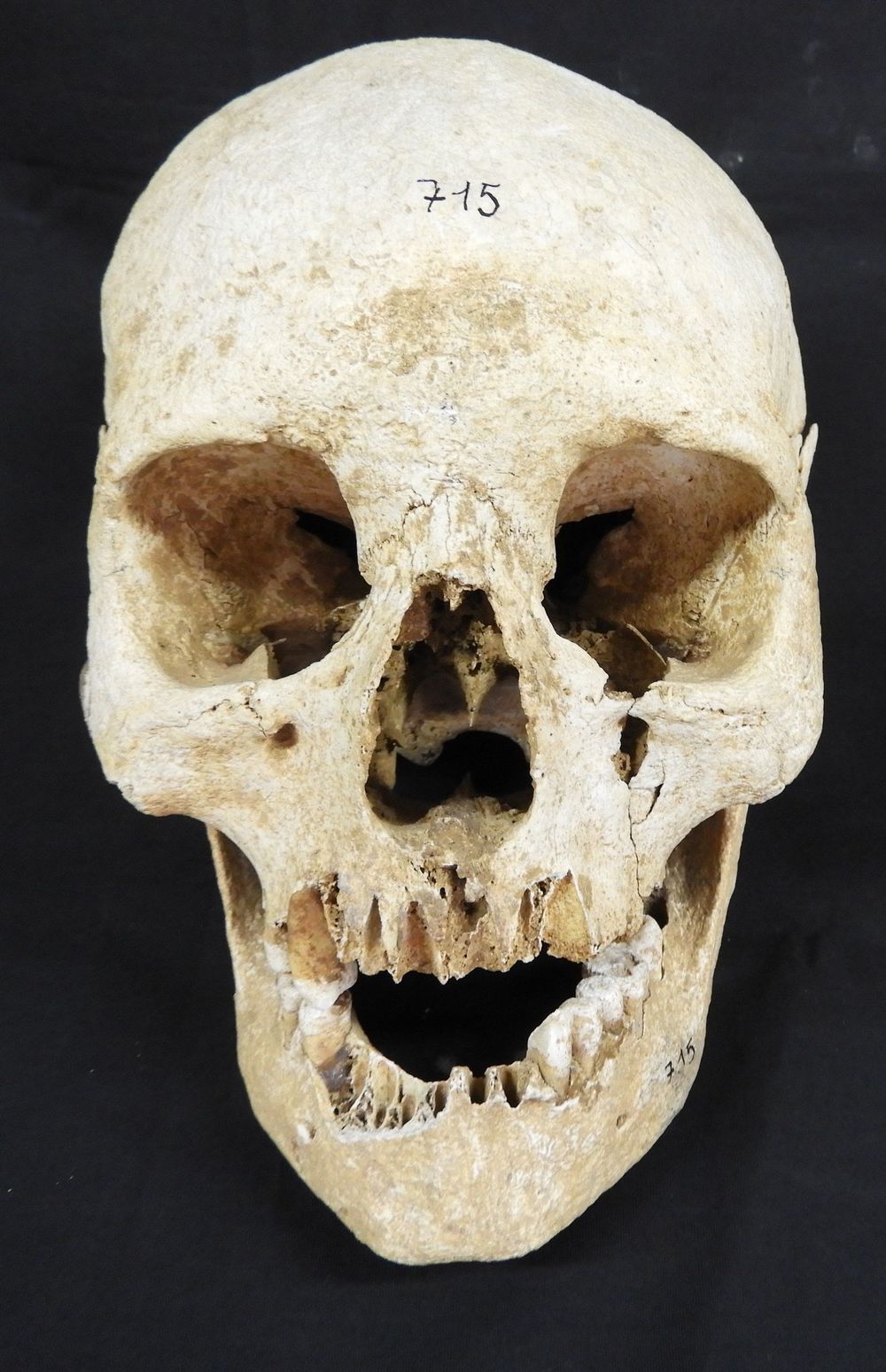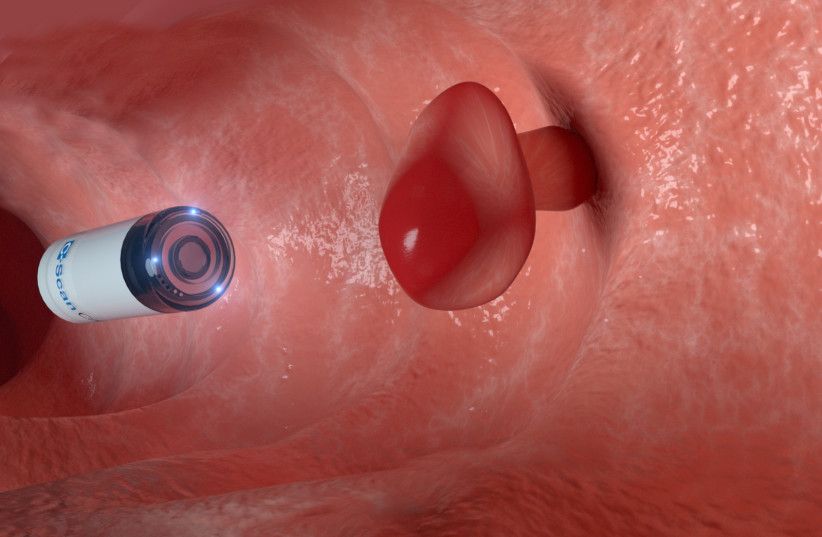The Neolithic revolution, and the corresponding transition to agricultural and pastoralist lifestyles, represents one of the greatest cultural shifts in human history, and it has long been hypothesized that this might have also provided the opportunity for the emergence of human-adapted diseases. A new study published in Nature Ecology & Evolution led by Felix M. Key, Alexander Herbig, and Johannes Krause of the Max Planck Institute for the Science of Human History studied human remains excavated across Western Eurasia and reconstructed eight ancient Salmonella enterica genomes—all part of a related group within the much larger diversity of modern S. enterica. These results illuminate what was likely a serious health concern in the past and reveal how this bacterial pathogen evolved over a period of 6,500 years.
Searching for ancient pathogens
Most pathogens do not cause any lasting impact on the skeleton, which can make identifying affected archaeological remains difficult for scientists. In order to identify past diseases and reconstruct their histories, researchers have turned to genetic techniques. Using a newly developed bacterial screening pipeline called HOPS, Key and colleagues were able to overcome many of the challenges of finding ancient pathogens in metagenomics data.








